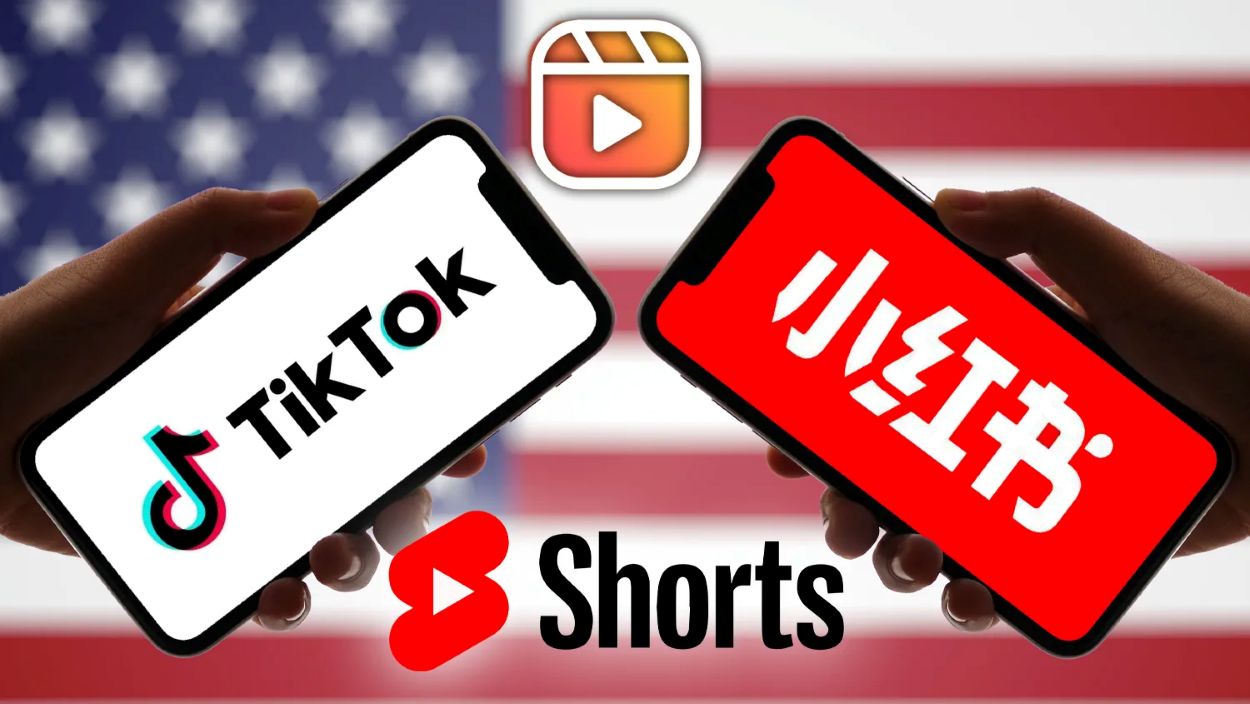Millions of TikTok users in the U.S. now lack access to the app following a recent federal ban. Just hours before the ban was enforced, TikTok disappeared from major app stores like Apple and Google and its website was also taken down. According to a report by Complex, here are four alternatives to TikTok:
RedNote
RedNote, a Chinese app similar to Instagram and known as “Xiaohongshu,” has gained significant traction in response to the ban. This app blends the features of Pinterest with short-form content, positioning it as a strong alternative to TikTok. Recently, RedNote has experienced a surge in popularity, climbing to the top of the Apple App Store and amassing over 10 million downloads on Google Play. Although RedNote is not currently targeted by the U.S. government, its Chinese ownership might pose future regulatory challenges.
Clapper
Clapper has emerged as a formidable alternative to TikTok, offering similar features under American ownership. Like TikTok, this app supports live streaming, short-form content, and integrated shopping. With over five million downloads, Clapper presents a reliable option for those concerned about foreign ownership issues.
Read: TikTok Goes Dark in the US: What You Need to Know
Instagram Reels
Through its Reels feature, Instagram has also become a preferred choice for TikTok users, which mirrors the platform’s short-form video experience. Many TikTok creators cross-post their content on Instagram, making it a familiar platform for their audience. Meta owns Instagram, one of the leading apps with billions of downloads across major app stores.
YouTube Shorts
YouTube offers Shorts, a feature for short-form video content similar to TikTok’s format. Integrated within YouTube’s existing platform, Shorts is readily accessible to millions of global users. As a video-sharing giant, YouTube continues to dominate long- and short-form video content, boasting over 10 billion downloads on Google Play.
These platforms provide viable alternatives for users seeking similar experiences to TikTok. Each has unique features and ownership structures that may appeal to preferences and concerns regarding data privacy and regulatory oversight.






